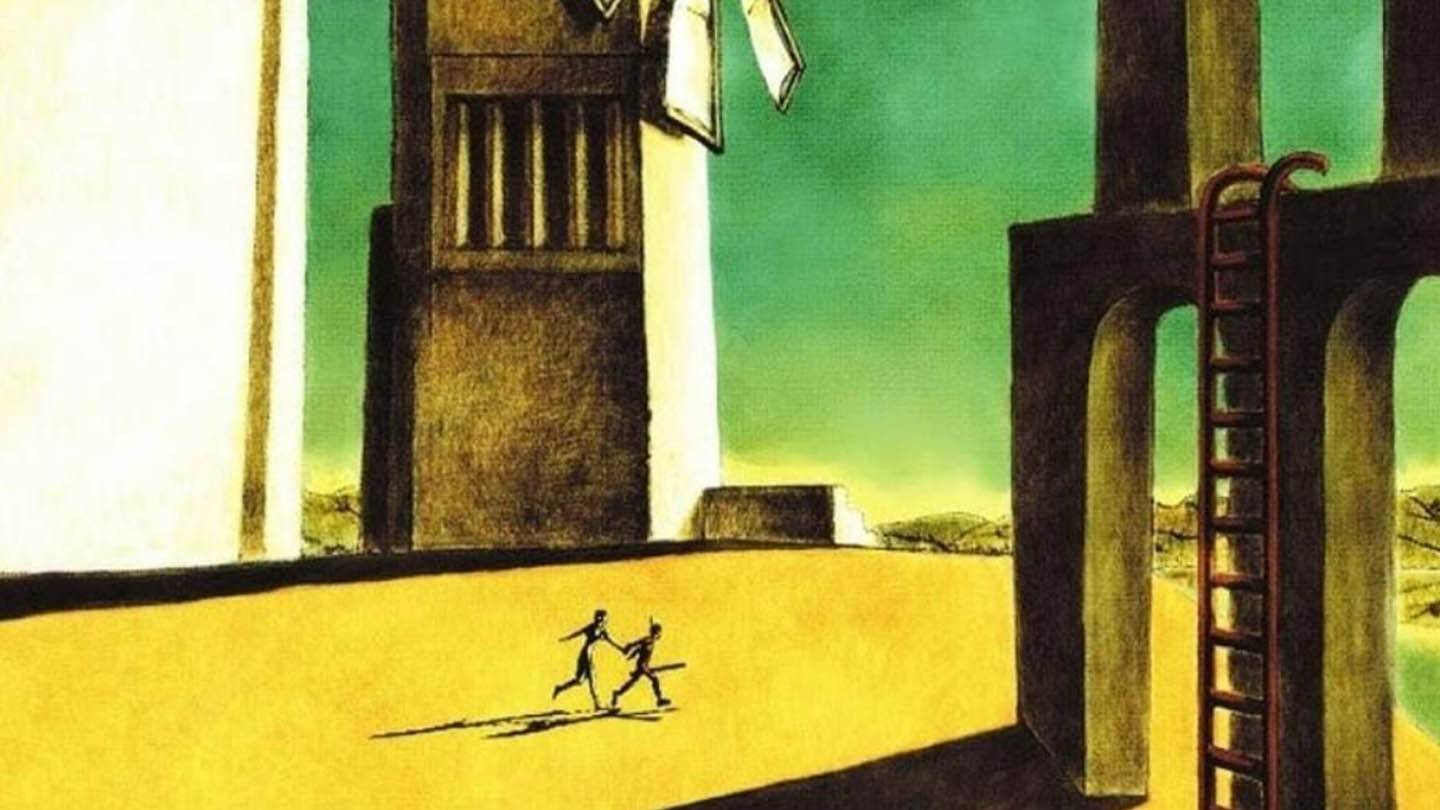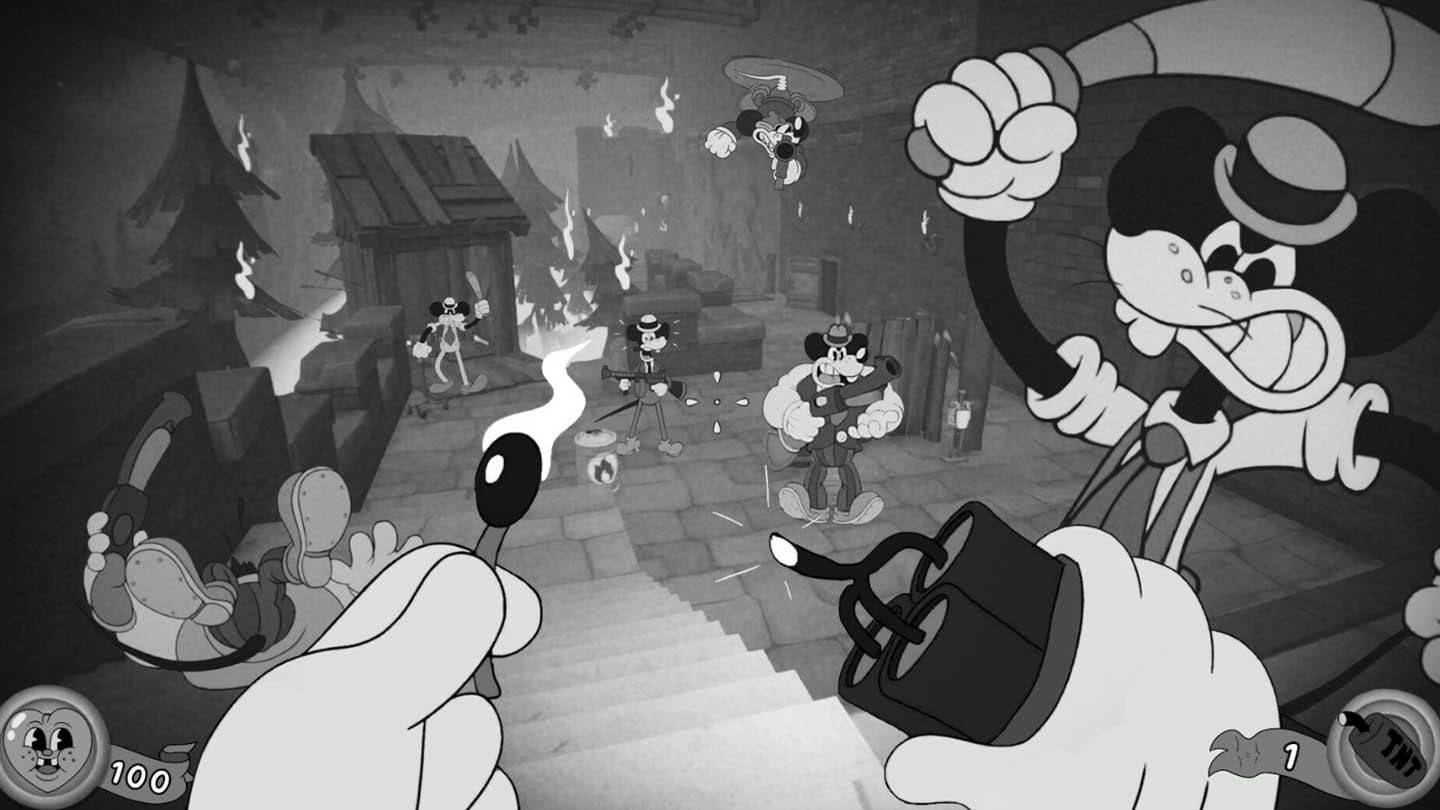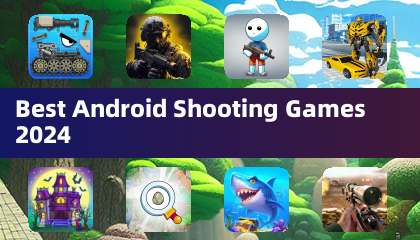Author: DanielReading:6

Yoko Taro, the celebrated creator of NieR: Automata and Drakengard, recently discussed the profound impact of ICO on video games as an artistic medium. Released in 2001 for the PlayStation 2, ICO quickly achieved cult status, renowned for its minimalist design and evocative, wordless storytelling.
Taro highlighted the game's revolutionary core mechanic: guiding Yorda by holding her hand. He noted, "If ICO had tasked you with carrying a suitcase the size of a girl instead, it would have been incredibly frustrating." This simple act, he emphasized, was groundbreaking, challenging established notions of player interaction.
At the time, successful game design often prioritized engaging gameplay even with simplistic visuals. ICO, however, prioritized emotional resonance and thematic depth over purely mechanical innovation. Taro believes ICO proved that art and narrative could transcend their role as mere gameplay embellishments, becoming integral to the overall experience.
Calling ICO "epoch-making," Taro praised its demonstration that video games could convey profound meaning through subtle interactions and atmospheric world-building.
Beyond ICO, Taro cited two other influential titles: Toby Fox's Undertale and Playdead's LIMBO. He argued these games, like ICO, pushed the boundaries of interactive storytelling, proving video games' capacity for deep emotional and intellectual resonance.
Taro's admiration for these games offers valuable insight into the creative wellspring of his own work, and underscores the ongoing evolution of video games as a powerful and versatile art form.

 LATEST ARTICLES
LATEST ARTICLES 












